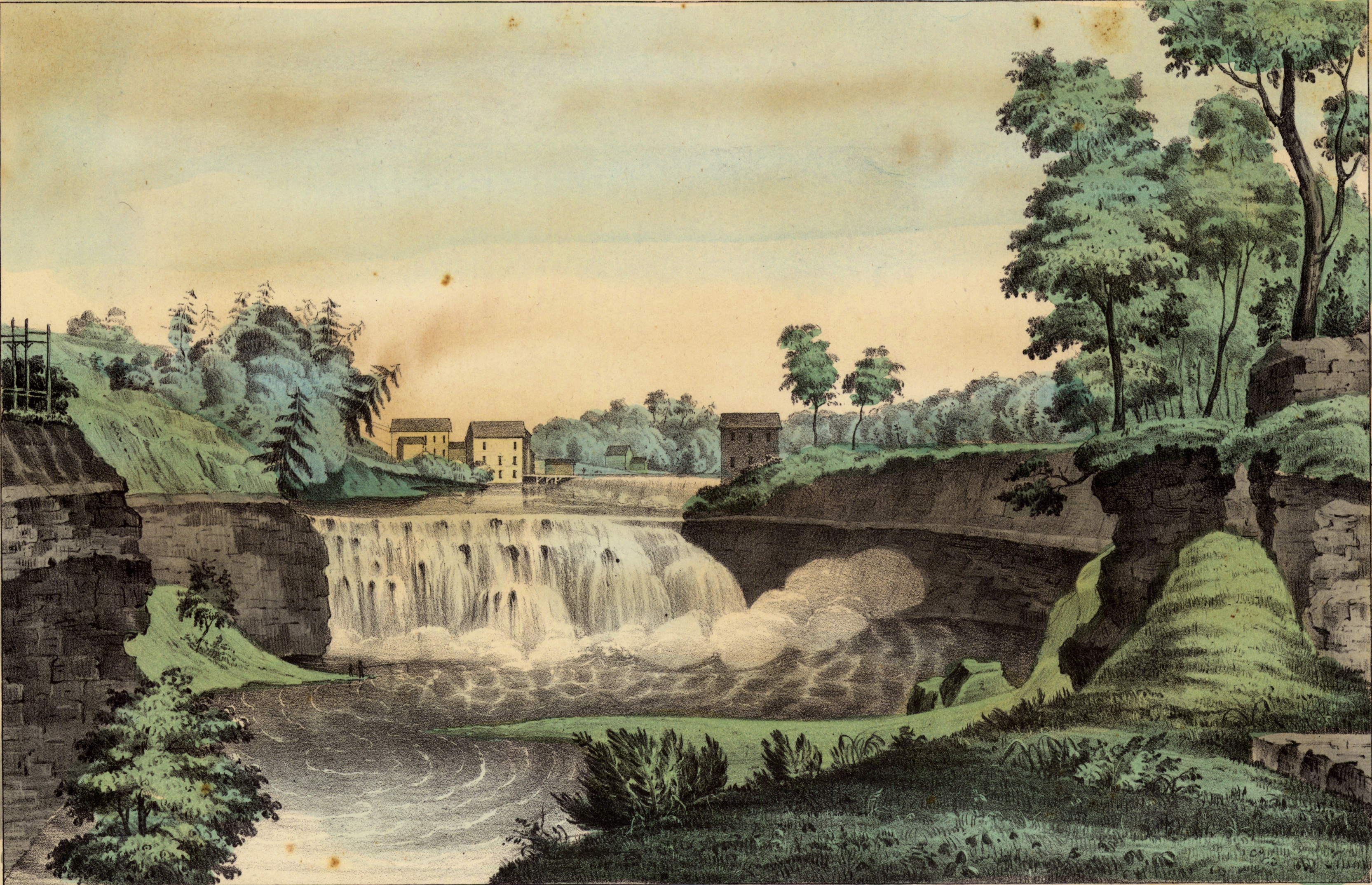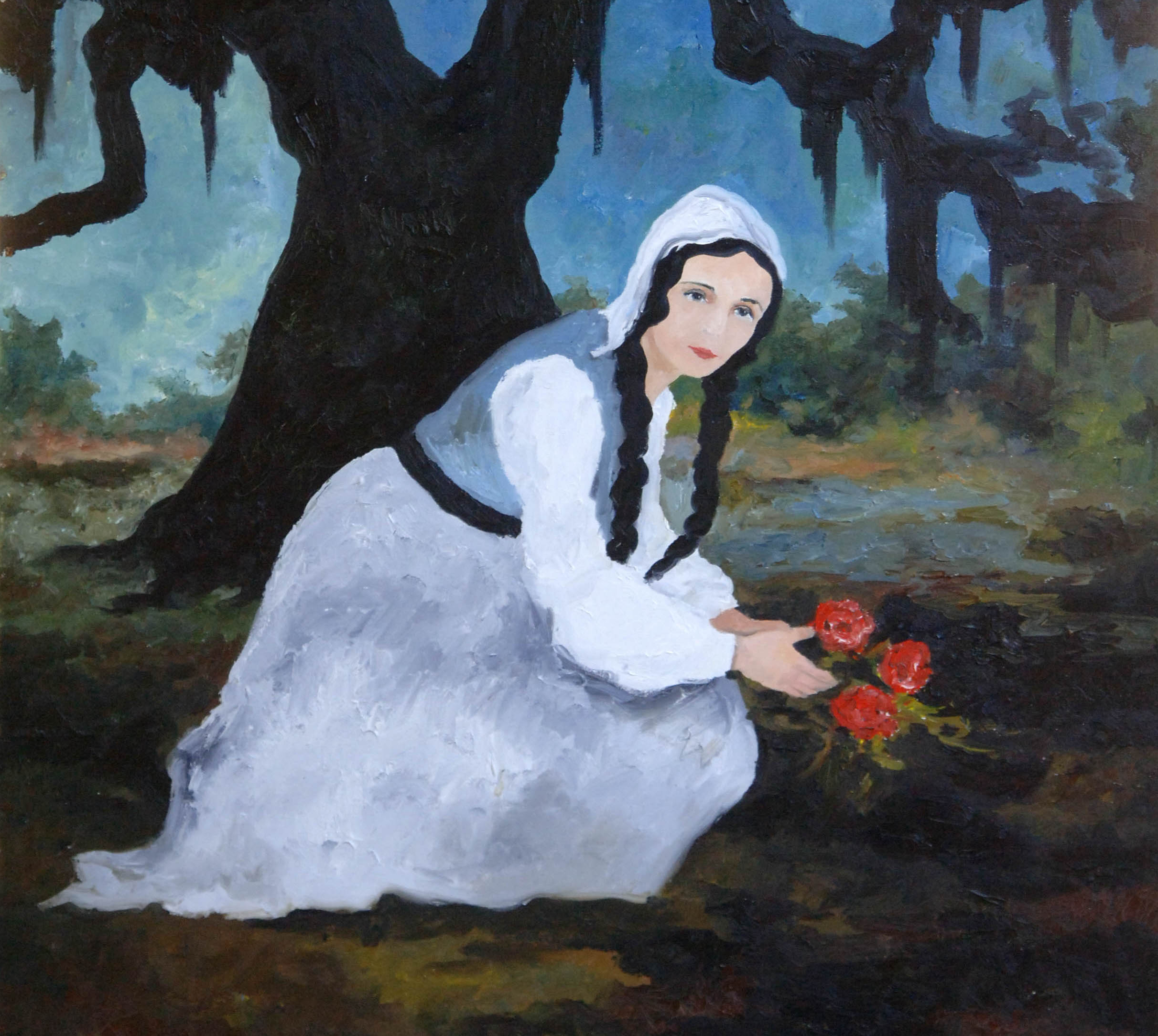
The Acadian Deportation, Women, and Refugee Resettlement in the British and French Atlantic (1755-1793)
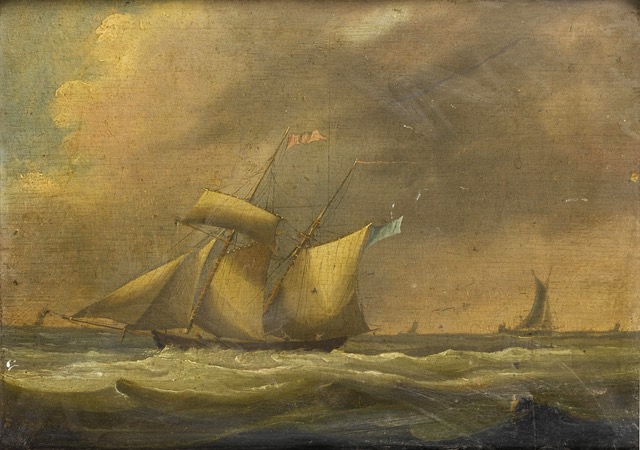
Insurance For (and Against) the Empire
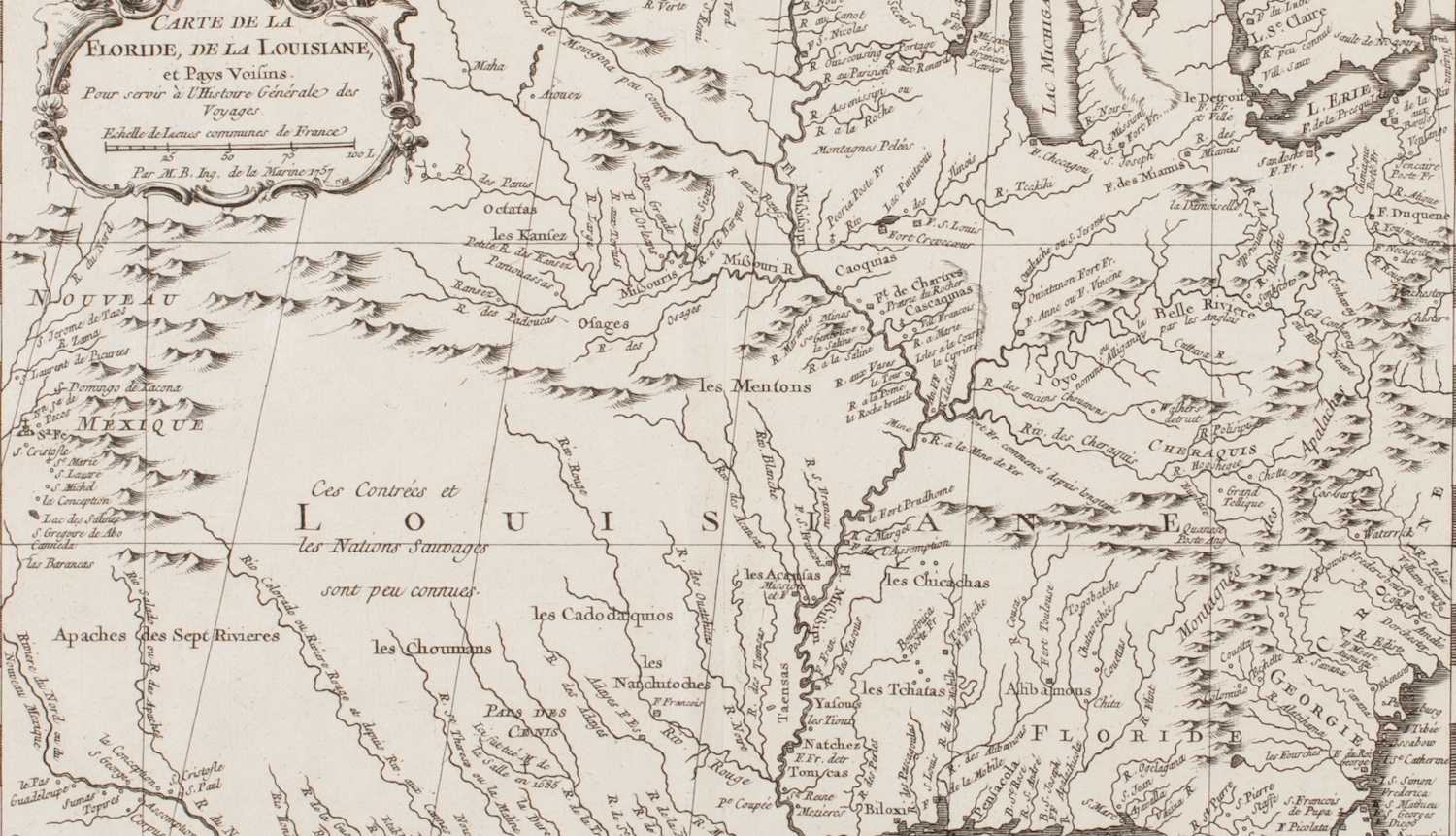
A Native American Scoops Lewis and Clark
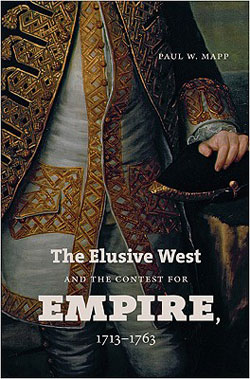
The Great American Question Mark
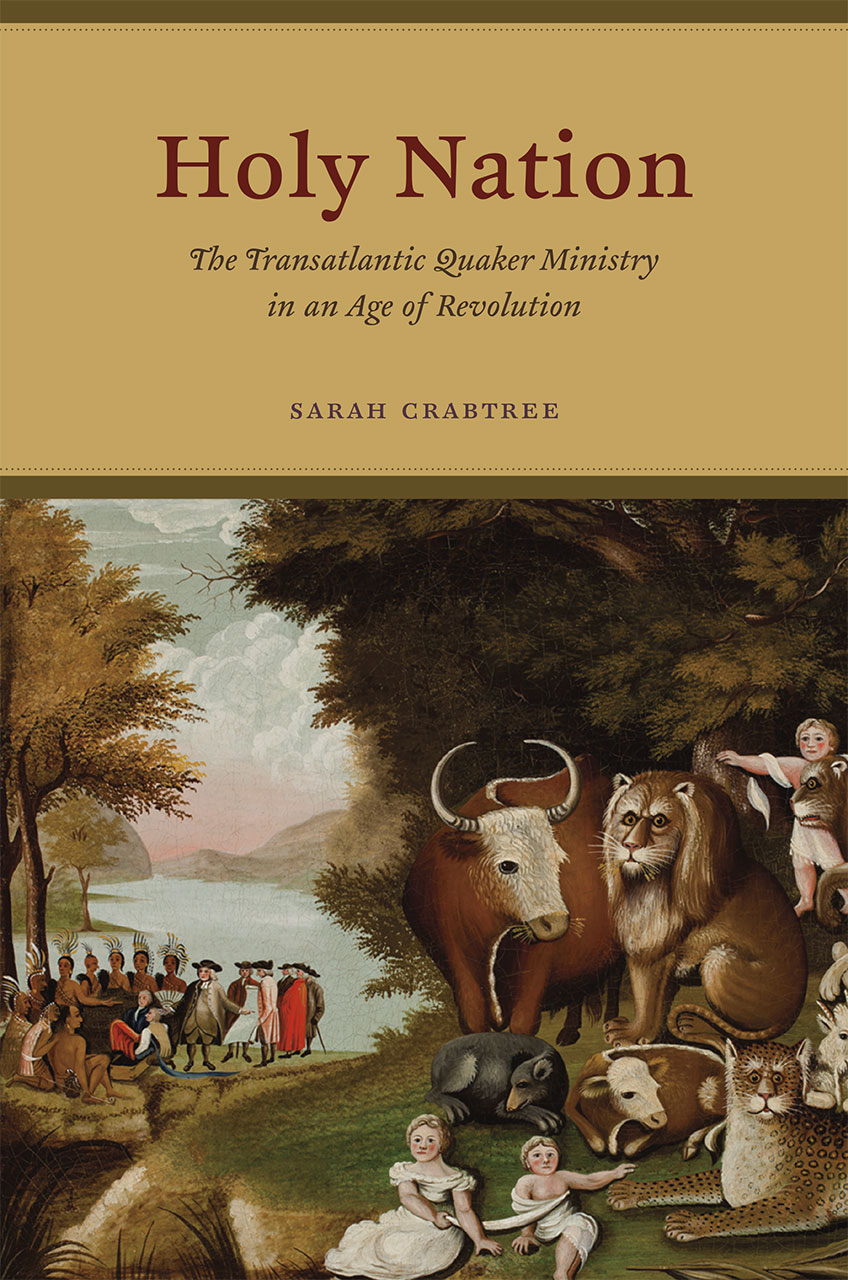
A Nation Apart, Together

Blood and Bigotry
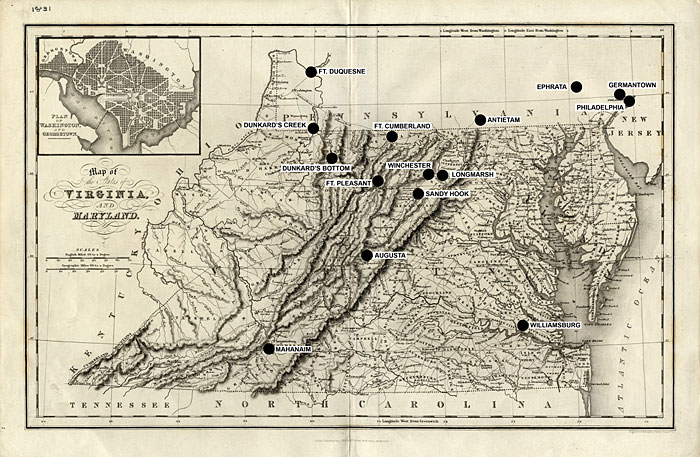
Frontiers of Body and Soul
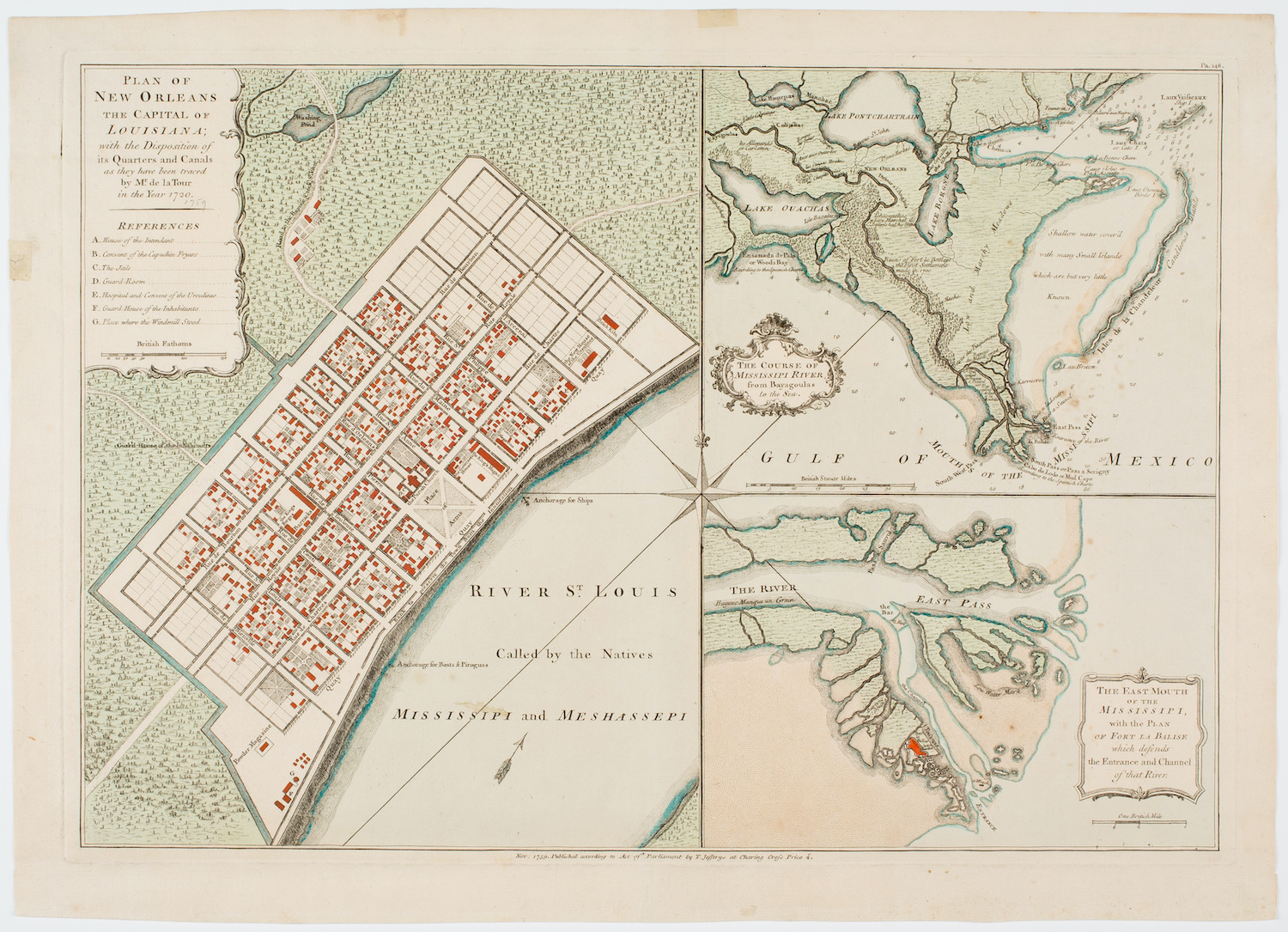
The Spanish Empire and the Seven Years’ War
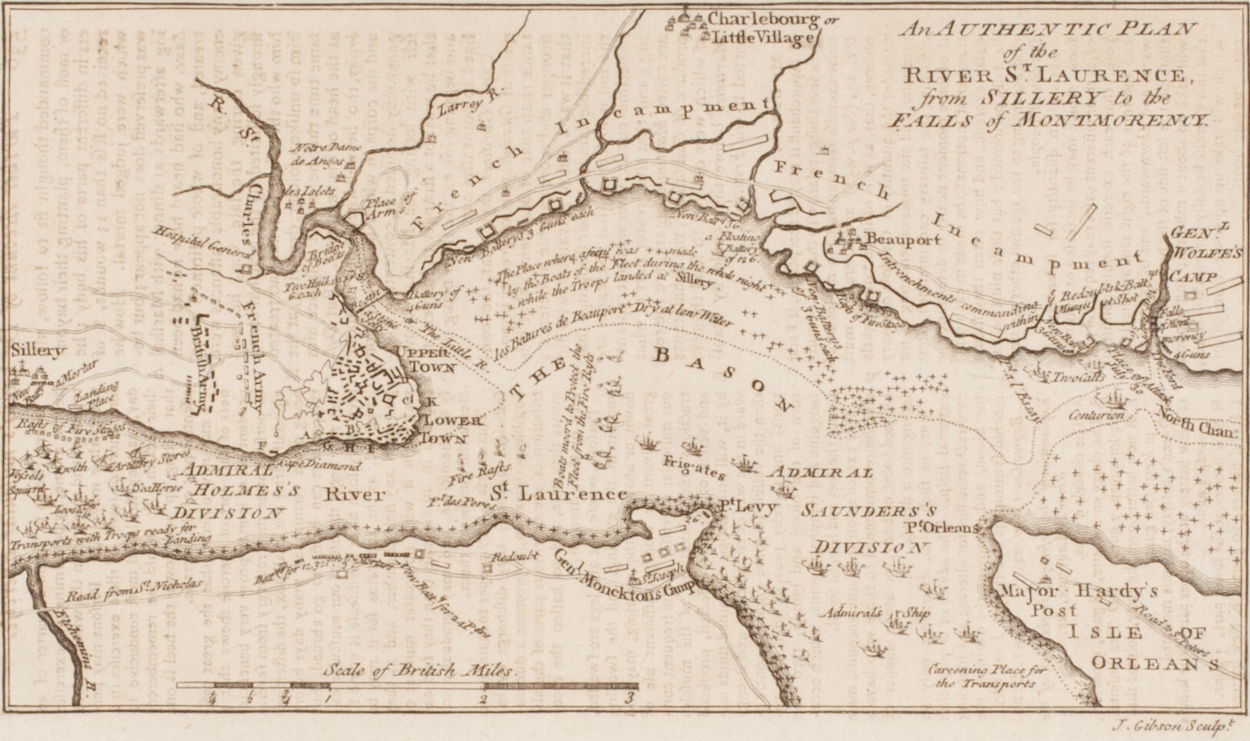
Whose Great War for Empire? British America and the Problem of Imperial Agency
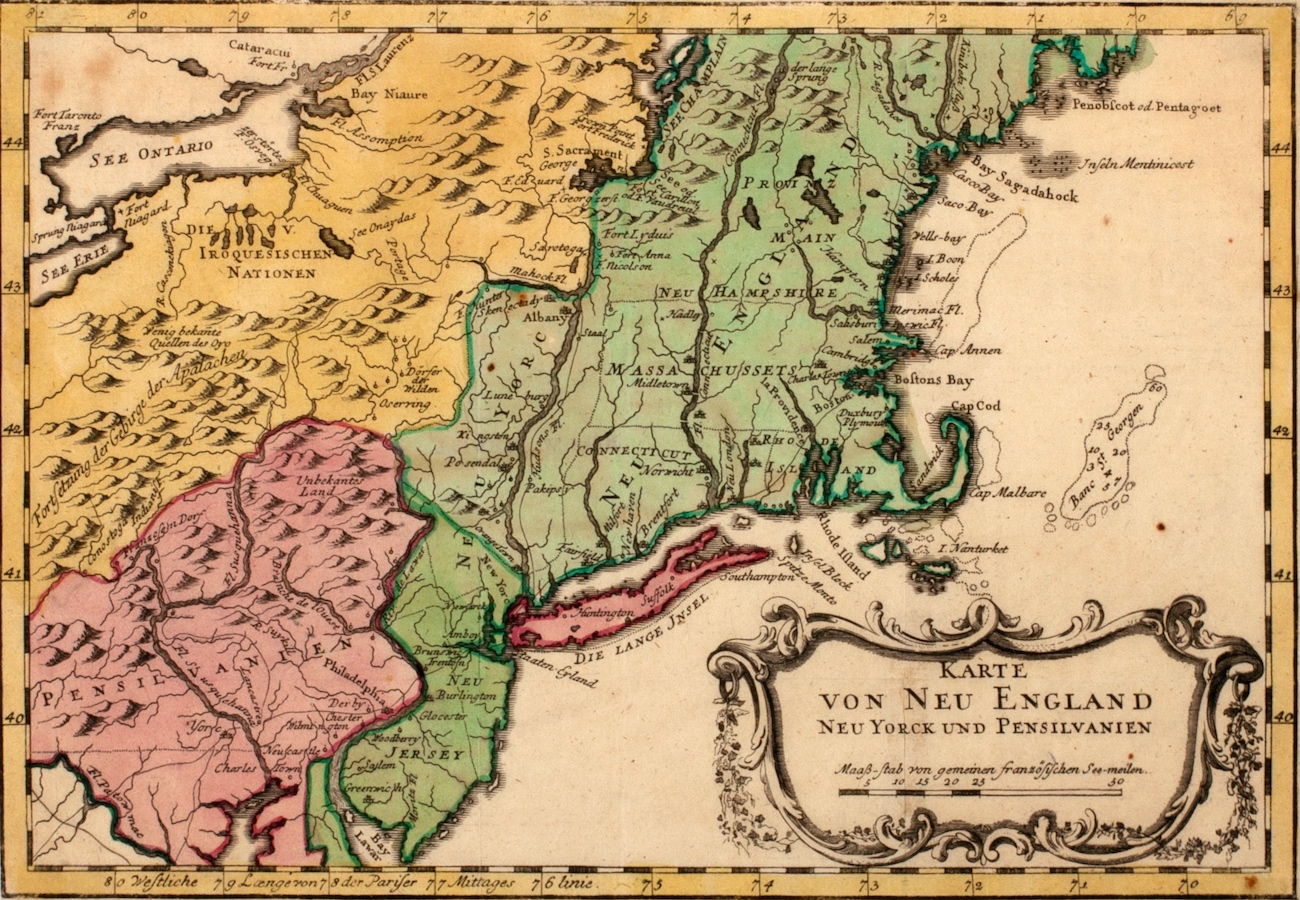
Narrative Style and Indian Actors in the Seven Years’ War
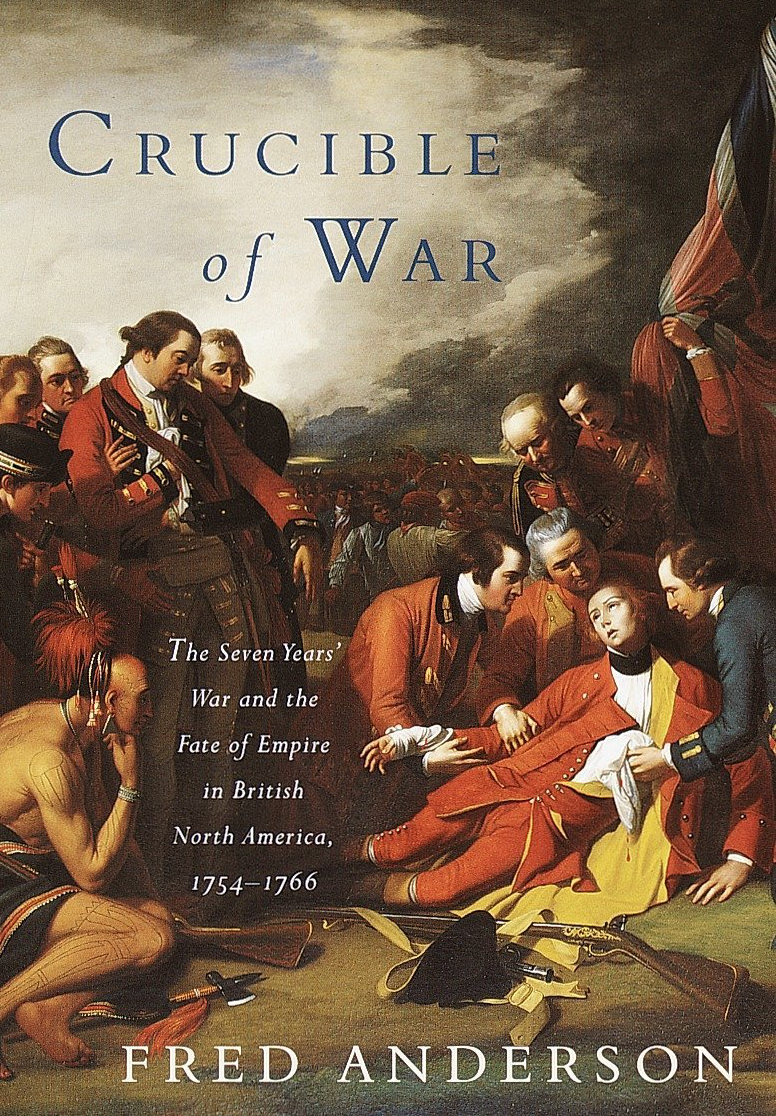
Author’s Response
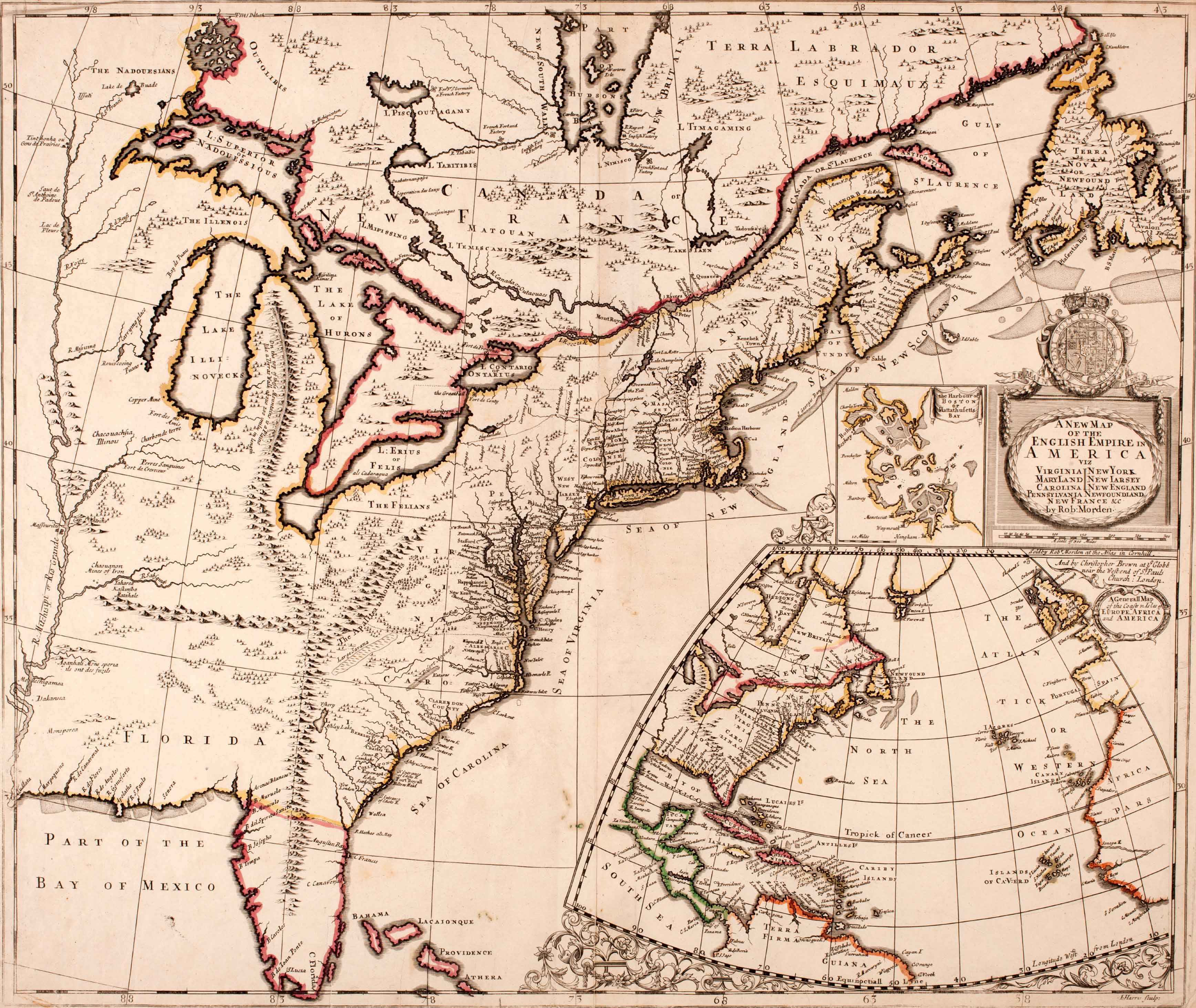
The Global History of the Seven Years’ War

Crucible of War: Some Context, and a Sketch of the Narrative
Creative Writing
Reviews

ABOUT
Welcome to Commonplace, a destination for exploring and exchanging ideas about early American history and culture. A bit less formal than a scholarly journal, a bit more scholarly than a popular magazine, Commonplace speaks—and listens—to scholars, museum curators, teachers, hobbyists, and just about anyone interested in American history before 1900. It is for all sorts of people to read about all sorts of things relating to early American life—from architecture to literature, from politics to parlor manners. It’s a place to find insightful analysis of early American history as it is discussed in scholarly literature, as it manifests on the evening news, as it is curated in museums, big and small; as it is performed in documentary and dramatic films and as it shows up in everyday life.
In addition to critical evaluations of books and websites (Reviews) and poetic research and fiction (Creative Writing), our articles explore material and visual culture (Objects); pedagogy, the writing of literary scholarship, and the historian’s craft (Teach); and diverse aspects of America’s past and its many peoples (Learn). For more great content, check out our other projects, (Just Teach One) and (Just Teach One African American Print).
How to cite Commonplace articles:
Author, “Title of Article,” Commonplace: the journal of early American life, date accessed, URL.
Sophie White, “Trading Looks Race, Religion and Dress in French America,” Commonplace: the journal of early American life, accessed September 30, 2019, https://commonplace.online/article/trading-looks-race-religion-dress-french-america/
Joshua R. Greenberg, editor
Read more about Commonplace
Contact Us
If you are looking for a specific Commonplace article from the back catalog and do not see it, or if have any other questions, please contact us directly. Please follow us on Twitter @Commonplacejrnl or Facebook @commonplacejournal and thank you for your support.

